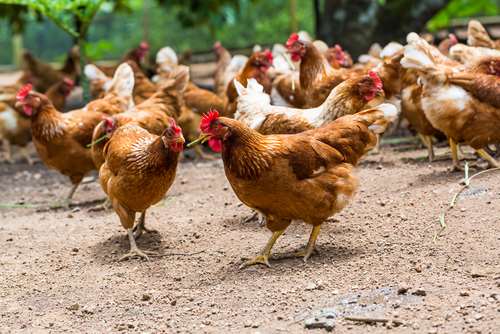Singapore and South Korea among the countries rejecting American chicken
By Diego Flammini
Assistant Editor, North American Content
Farms.com
After the discovery of a highly pathogenic avian influenza strain in Tennessee and a low pathogenic strain in Wisconsin, some global trading partners are rejecting imports of certain American poultry products.
“In view of the outbreaks, (Agri-Food & Veterinary Authority of Singapore) will impose a temporary restriction of poultry and poultry products from Lincoln County (Tennessee) and 10 kilometre (six mile) restricted area around the affected premises in Barron County (Wisconsin), with immediate effect,” Singapore’s agriculture department said in a release.
Reports indicate South Korea, Japan, Taiwan, Hong Kong and Mexico are also expected to implement some sort of import ban.
The USA Poultry & Egg Export Council said South Korea, Japan and Taiwan are banning all poultry from Tennessee, according to Reuters.
South Korea’s ban includes live poultry and eggs from Tennessee, but heat-treated chicken meat and egg products can still enter the country.

However, Hong Kong is only rejecting imports from Lincoln County.
“The (Centre for Food Safety) has banned the import of poultry meat and products (including poultry eggs) from the (impacted area) with immediate effect to protect the public health in Hong Kong,” a government release says.
Neighbouring U.S. states, including Maryland, are reminding chicken farmers to practice proper biosecurity measures.
“This outbreak in Tennessee is a stark reminder that HPAI can hit anywhere, anytime, and we need to make sure we are prepared for a possible outbreak here in Maryland,” Joe Bartenfelder, Maryland’s Agriculture Secretary, said in a release. “I urge all of our poultry owners—from large commercial operations to small backyard flocks—to remain vigilant in your biosecurity practices and recordkeeping.”